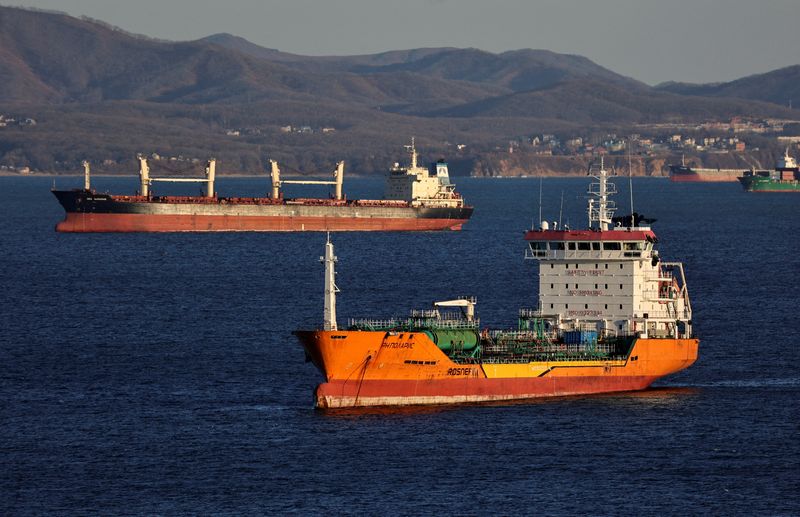Tankers who want to use the straits under Turkish control, the Bosphorus and the Dardanelles, must now prove that they are insured, Turkish officials announced on Wednesday.
“We want to make sure of their coverage, because they have started to cover it up,” an official source told AFP, confirming information from Turkey’s official Anadolu news agency.
This request dates back to December 1, said this source.
According to Anadolu quoting Turkish officials, “some international companies have canceled the coverage of many buildings due to the sanctions imposed on Russia” since the start of the war against Ukraine.
Ankara’s decision corresponds to the entry into force of the European embargo on Russian oil, accompanied by a ceiling price of no more than 60 dollars, which prohibits the countries of the European Union, the G7 and the Australia from providing any service to tankers carrying Russian crude, including insuring them.
G7 countries provide insurance services for 90% of global cargo.
Expert site The TankerTracker.com reported early Wednesday that Russian oil exports by sea had been halved in the past 48 hours.
According to Anadolu, Turkish officials suspect Western insurers of double-dealing: “they hope that Turkey will let the boats pass even without guarantees, so they can both comply with international sanctions and their responsibilities to their customers”.
For Yörük Isik, a specialist in monitoring ship movements on the Bosphorus and in the region, Turkey now requires the presentation of “protection and indemnity insurance” (P&I) for all ships arriving from Russian ports.
This type of insurance covers risks ranging from wars to environmental damage for amounts that can be colossal.
However, Western insurers refuse to provide, in writing to each boat, a “general commitment to cover everything that happens in the Bosphorus”, as Turkey requires and unlike “Russian insurers (who) have just started ” to do it, says Yörük Isik.
“We are therefore in a situation where, de facto, the most honest, most reputable shipowners can no longer transit” through the Turkish straits, he underlines.
In a press release, the International Group of P&I Clubs –professional risk pooling associations–, which estimates that it covers almost all of the world’s maritime transport, reports that after having “assessed in detail the situation, the Clubs have decided that they could not deliver such a letter”.
Because, he justifies, “to issue such a letter, in these circumstances, would amount to violating European, American and British sanctions”, in particular those which came into force on December 5 fixing a ceiling price for Russian oil.
The Bosphorus, which connects the Black Sea to the Sea of Marmara, and the Dardanelles Strait, which opens into the Aegean Sea, are the obligatory passageways for tankers from Russia as well as for cargo ships which have been operating since last summer. the transport of Ukrainian grain under an agreement involving Turkey, Ukraine, Russia and the United Nations.
Under the Montreux Convention (1936), control of movements in these two straits was entrusted to Turkey.
Since 2002, Turkey has required any ship using them to be covered by insurance or risk being denied passage.



